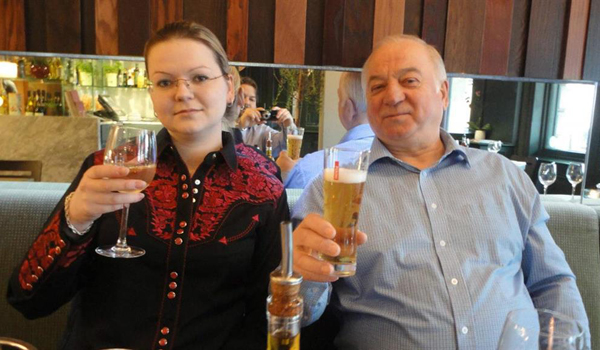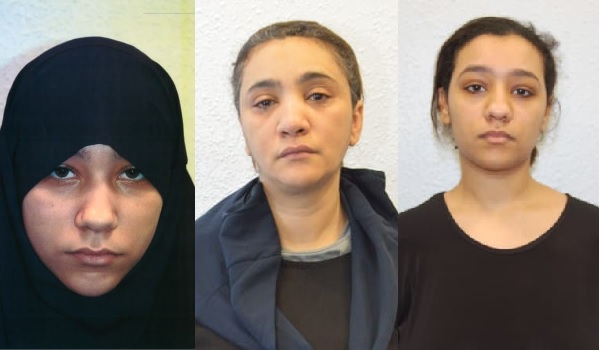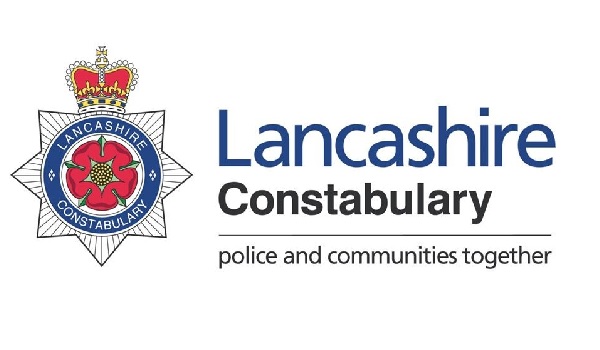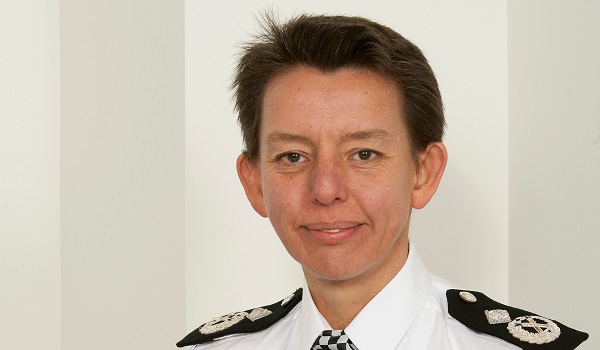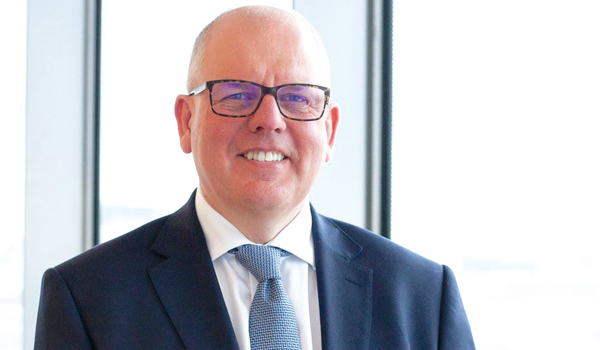Salisbury attack update: Porton Down unable to verify ‘precise source of Novichok'
Scientists have not been able to establish where the military-grade nerve agent used to poison Sergei and Yulia Skripal was made.
Gary Aitkenhead, chief executive of the Defence Science and Technology Laboratory (DSTL) at Porton Down, said the research facility could not pinpoint Novichok to Russia.
The “precise source” of the substance used in the Salisbury attack on March 4 could not be identified but the UK government said further intelligence had led to its assessment that Moscow was responsible. Mr
Aitkenhead added: “It is our job to provide the scientific evidence of what this particular nerve agent is, we identified that it is from this particular family and that it is a military grade, but it is not our job to say where it was manufactured.”
However, he confirmed the substance required “extremely sophisticated methods to create, something only in the capabilities of a state actor”.
The research head would not comment on whether the laboratory had developed, or keeps, stocks of Novichok but dismissed suggestions the substance used to poison the Skripals had come from Porton Down.
“There is no way anything like that could have come from us or left the four walls of our facility,” said Mr Aitkenhead.
The Foreign Office responded that they still believed Russia was behind the attack because of the wider “intelligence picture”.
Mr Aitkinhead’s comments come a day before an extraordinary meeting – called by Russia – with the executive council of the Organisation for the Prohibition of Chemical Weapons (OPCW) in The Hague. In a letter, Russia’s ambassador to the OPCW, Alexander Shulgin, asked for the meeting to discuss Britain’s allegations “in a confidential sitting” on Wednesday (April 4).
OPCW experts have taken samples from Salisbury to try to verify the nerve agent used and its origin.
Former double agent Mr Skripal, 66, and his 33-year-old daughter Yulia were poisoned four weeks ago and taken to Salisbury District Hospital after being found unresponsive on a bench.
Experts have said that a recovery by the Skripals would be extraordinary. But Ms Skripal’s condition improved significantly last week and she is now said to be conscious and talking. Her father, however, remains unresponsive and critical.
Earlier last week, Wiltshire Police confirmed to Police Professional a second officer investigating the nerve agent attack is being treated for suspected poisoning. The uniformed constable, who has not been identified, is understood to have developed minor symptoms, including skin irritation, and is attending the hospital as an outpatient.
Detective Sergeant Nick Bailey, among the first responders to help Colonel Skripal and his daughter as they lay stricken from the effects of the nerve agent, was left in a critical condition after being exposed himself.
Last week the force released a statement saying he had been discharged from hospital but that “normal life for me will probably never be the same”.
The poisoning has led to recriminations against Russia around the world. In a tit-for-tat response by the Kremlin, Russia gave notice to 60 US diplomats to leave the country by Thursday (April 5) and revoked the permit for the US consulate in St Petersburg – effectively closing it.
The US is one of 29 countries to show solidarity with the UK – which has blamed Moscow for the attempted murders – expelling more than 150 worldwide.
Moscow’s deputy foreign minister, Alexander Grushko, said on Tuesday (April 3) that the poisonings may have been set up by the UK to justify an increase in military spending. In comments reported by Russian news agencies, Mr Grushko said the attempted murders could have been “arranged by Britain” because “they need a major enemy”.
Moscow’s foreign minister Sergei Lavrov floated another possible motive that the UK could have carried out the poisonings because of the “uncomfortable situation” it had found itself in with Brexit.
A retired Russian lieutenant general has also warned of a doomsday scenario and suggested the situation could escalate into the “last war in the history of mankind”. Evgeny Buzhinsky, who leads security think tank the PIR Center, told the BBC’s Today programme he was “afraid that it will end up in a very, very bad outcome”.


